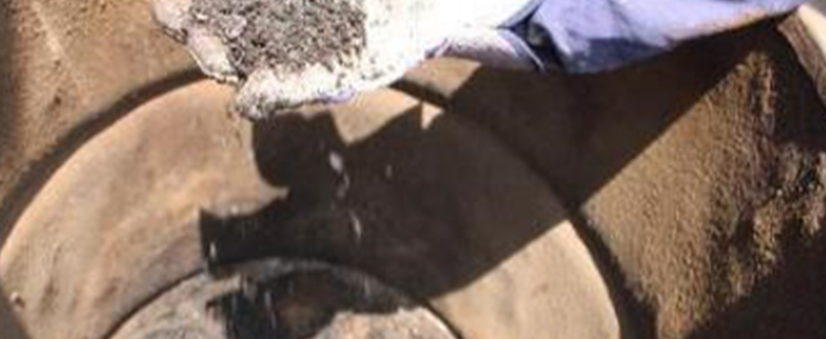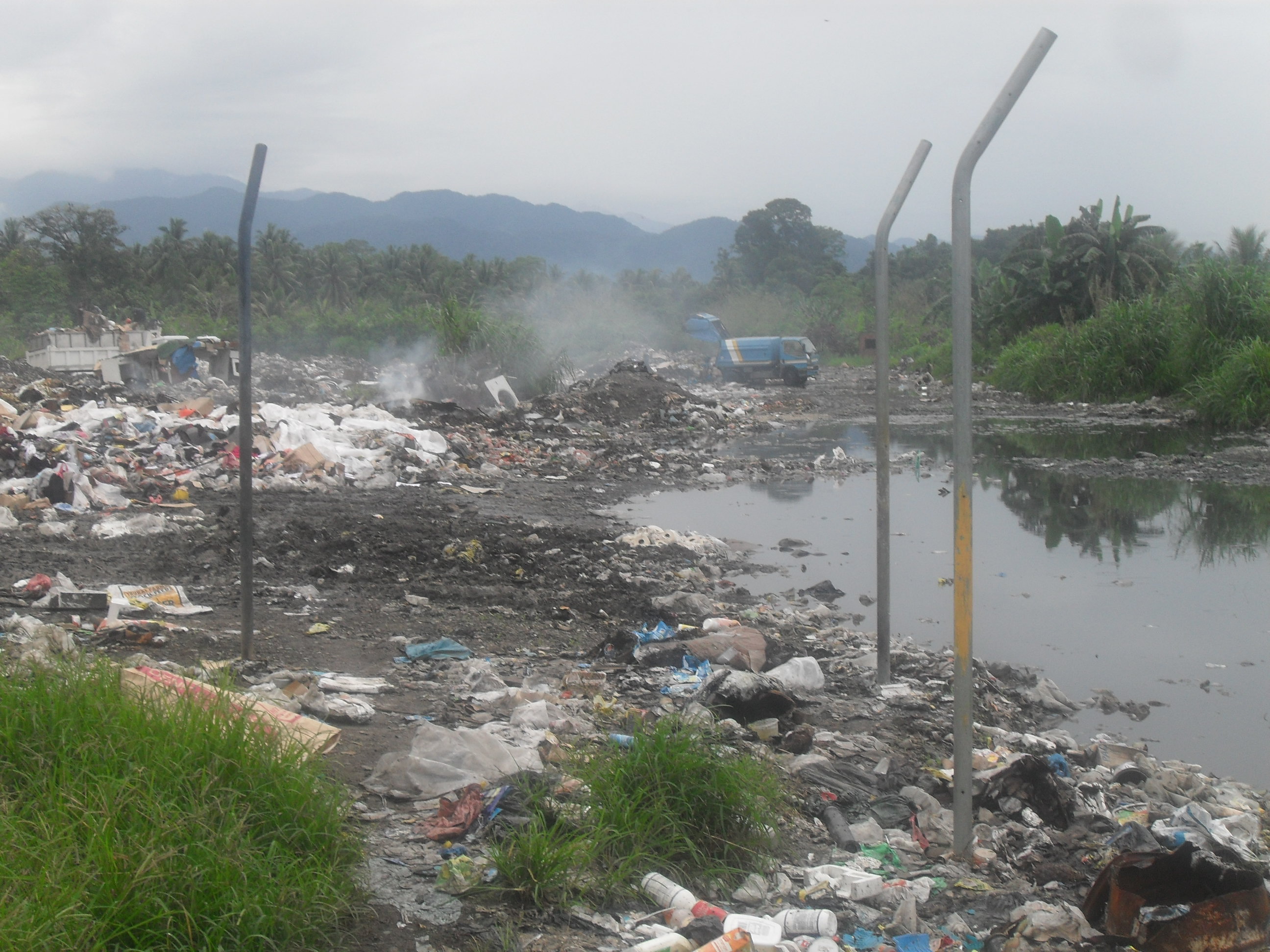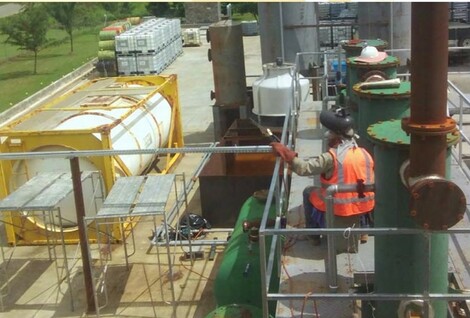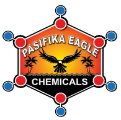
Solid Waste Management
PECL has the capacity to manage and dispose solid wastes including but not limited to scrape metal, building construction waste, tyres, plastics and food waste), with strict adherence to different technical disposal options and standard compliance.
Here are the methods of solid waste disposal and management:
- Solid Waste Open Burning
- Sea dumping process
- Solid wastes sanitary landfills
- Incineration method
- Composting process
- Disposal by Ploughing into the fields
- Disposal by hog feeding
- Salvaging procedure
- Fermentation/biological digestion
FAQ'S (FREQUENTLY ASK QUESTIONS)
The National Government of PNG has no SWM strategy or regulation or law to manage waste in the country. The waste management authorities in both cities use the the 1973 Public Health Act, the 2000 Environment Act and their own bi-law.
The Public Health Act was passed to manage medical waste while the Environment Act was passed to manage industrial waste. This implies that there is no specific act in SWM. Both authorities enforce these laws with minimal compliance and no performance monitoring. This is reflected in both cities in which waste of all types are found anywhere.
The Japanese International Cooperation Agency (JICA) has initiated the upgrading of Baruni landfill in POM at the cost of PGK2.5 million through technical support. The upgrading of the facility will cost PGK10 million (PGK1 million from NCDC and PGK9 million from PNG National Government). The National Department of Environment and Conservation approved the project, which is yet to start.
 The LCC has made a funding proposal to Cairns City Council, Australia, for possible funding assistance but this is yet to be approved. The rehabilitation work on the Second Seven landfill will cost about PGK11 million. The project will come in three components; a feasibility study, research and documentation – PGK1.5 million; construction of the facility and procurement of equipment – PGK8 million; and training and management – PGK1.5 million.
The LCC has made a funding proposal to Cairns City Council, Australia, for possible funding assistance but this is yet to be approved. The rehabilitation work on the Second Seven landfill will cost about PGK11 million. The project will come in three components; a feasibility study, research and documentation – PGK1.5 million; construction of the facility and procurement of equipment – PGK8 million; and training and management – PGK1.5 million.

